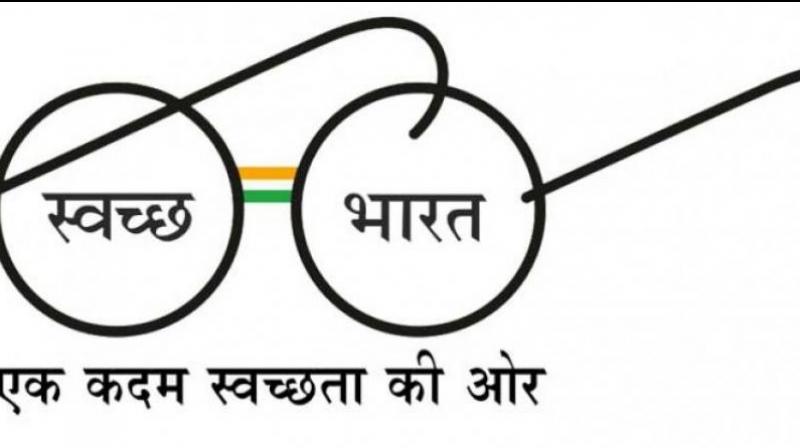Local bodies disobey solid waste management rules
Rule mandates LSGs to carry out bioremediation or capping of old and abandoned dump sites.

Alappuzha: Solid Waste Management (SWM) Rules 2016 mandates local bodies to carry out bioremediation or capping of old and abandoned dump sites. But most of them are below par in compliance and stray dog population is growing.
According to district collector Adeela Abdulla, 52 panchayats received `12 lakh each while two got Rs 14 lakh each to implement SWM rules under Swachh Bharat Abhiyan.
“But, the 34 panchayat secretaries failed to utilise even 10 per cent of the funds. We have asked them to repay the unspent amount,” she said.
Section 15 Z (j) of SWM rules stipulates that all old dumpsites and dump yards have to be investigated and analysed by the local administration for the potential of bioremediation and biomining. This process has to be completed within five years since the rules came into force.
If it’s not possible, land sites have to be capped as per the landfill capping norms to prevent further damages to the environment and clause ‘J’ of its first schedule asks them for closure and rehabilitation of old dumpsites and seeks a reduction of wastes through biomining and waste processing.
The rule also entrust the district authorities to provide necessary administrative sanctions to acquire land for segregation points
The local authorities and panchayats should prepare a solid waste management plan as per state policy within six months. They have to arrange door-to-door collection of segregated solid waste.
Civic bodies, as per the rules, are responsible for framing bye-laws incorporating the provisions of these rules within one year. Awareness has to be created to direct waste generators not to litter and to segregate the waste at source and hand over to authorised waste pickers.
Biomining is the process of extraction and segregation of materials from accumulated waste by using microorganisms while bioremediation helps to detoxify pollutants in dumpsite environment by using microorganisms, or plants or microbial enzymes.
K.P. Lawrence, the assistant district coordinator (SWM), Suchitwa Mission, says none of the 72 panchayats in the district has a bye-law but some notifications, or a proper roadmap.
“The compliance rate with the rules is very low barring some local bodies which initiated plastic waste collection,” he said.
“The main obstacle is the acquisition of land. Compliance is very low across the state. Hence National Green Tribunal (NGT) recently sought an explanation from the chief secretary.”

